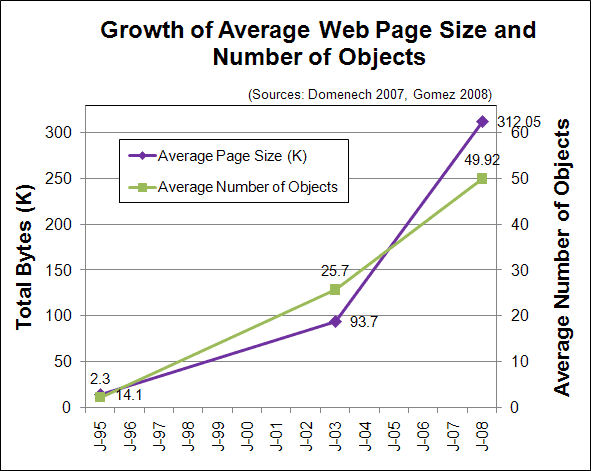Make Your Blog Faster & Help Save the Environment
 For those in the Portland area, I’m going to be leading an informal session at this week’s Beer and Blog on how to optimize your blog for performance and why doing so is good for the environment.
For those in the Portland area, I’m going to be leading an informal session at this week’s Beer and Blog on how to optimize your blog for performance and why doing so is good for the environment.
More on how performance is connected to the environment in a moment, but first, the details on when and where:
Beer and Blog – Make Your Blog Load Fast & Save the Environment
Green Dragon Bistro & Brewpub
928 SE 9th Ave.
Portland, Oregon 97214
RSVP | Add to Calendar | Map
The Impact of Data Centers on the Environment
 Everyone is aware that our ability to reduce our energy consumption is a key component to reducing the impact we have on the environment.
Everyone is aware that our ability to reduce our energy consumption is a key component to reducing the impact we have on the environment.
However, it wasn’t until I was asked to speak to the Storage Networking Industry Association (SNIA) at Storage Networking World last fall that I realized how important this is for those who run data centers.
At the time, I observed:
Several businesses are now being told that they cannot bring any more power into their data centers. The power company is simply refusing to provide them with more capacity.
In many cases, the cost of powering and cooling a data center exceed the costs of the hardware within two years.
The people in the storage industry get it. The SNIA has started the Green Storage Initiative to foster innovative ways of reducing power consumption in data centers.
The question is are those of us who are web developers doing our part? Sadly, no.
Web Site Gluttons
Web developers live insulated lives. We have broadband at our homes and our offices and it shows. We’ve stopped paying attention to the size of web pages.
Andrew King recently highlighted research showing that the average size of web pages has doubled since 2003. “Longer term statistics show that since 1995 the size of the average web page has increased by 22 times, and the number of objects per page has grown by 21.7 times.”

In addition to the size of web pages, few sites are optimized to ensure that browsers cache the files and don’t request the same files repeatedly.
Steve Souders recently conducted a thought experiment on how much CO2 would be saved by optimizing the Wikipedia home page. He used the CO2stats.com estimate that “three minutes on a Web site generates three grams of CO2 – roughly equal to the amount one person generates by breathing for 4.5 minutes.”
Steve estimated that the optimization could save “5,000 kilowatt-hours per year or approximately 500-1000 pounds of CO2 emissions.”
Why Now?
I’ve been interested in web optimization for ever since it saved my prior company tens of thousands of dollars a few years ago. I’ve been speaking on the topic whenever possible and trying to help web developers understand how much benefit they can get by optimizing their pages and how easy it is to do.
A couple of weeks ago, I finally watched An Inconvenient Truth. At the conclusion of the film I started thinking about what more I could do. I’m getting a bike ready to use for my commute to work. I’m reducing the energy I use. I’m contemplating a vegetarian diet.
And I’ve redoubled my commitment to getting web developers to take site performance seriously. It saves money, improves the experience for your customers, and it’s easy to do.
Most importantly, if you care about global warming, optimizing your site is a moral imperative.
So come join us tomorrow at the Green Dragon to make your blog faster and reduce the energy it consumes.

Jason Grigsby is one of the co-founders of Cloud Four, Mobile Portland and Responsive Field Day. He is the author of Progressive Web Apps from A Book Apart. Follow him at @grigs.